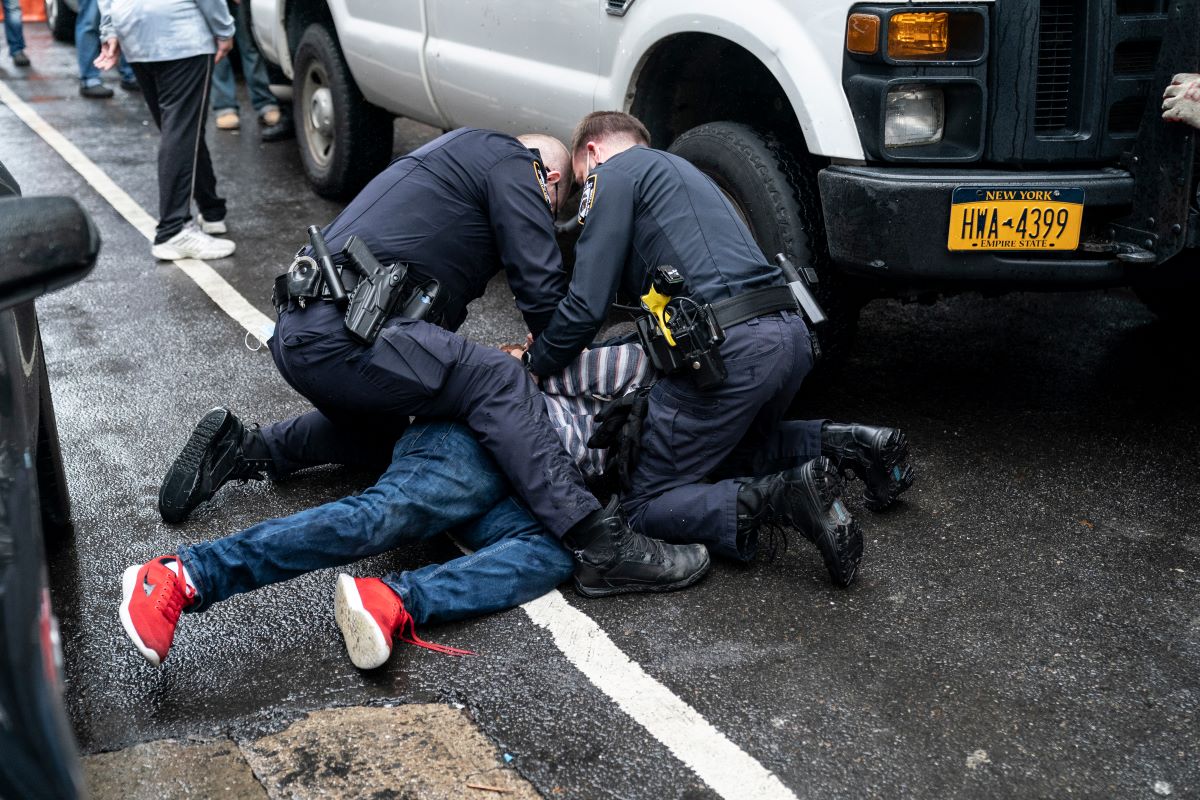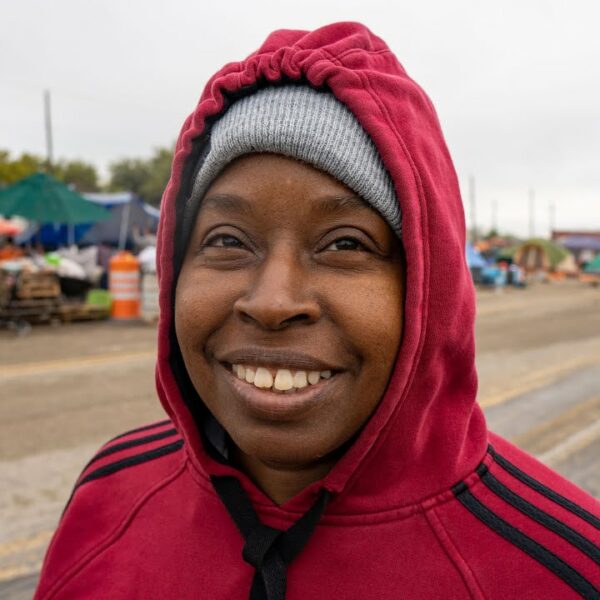We’re Already Seeing the Effects of Dehumanizing Rhetoric
As housing costs continue to rise without limit all across the country and average wages remain well below what’s needed to afford those costs, homelessness continues to rise. We’re seeing this all play out at an alarming pace in the wake of the pandemic, which has outlasted many programs designed to limit its worst economic effects.
And even though most of us ourselves have experienced or know someone who has experienced financial hardship during the past few years, sympathy for those who have fallen on hard times is at an all-time low.
Rather than looking up the ladder and focusing our ire on the few who hoard wealth while the rest of us can barely afford a bootstrap to pull on, too many of us are still stuck looking down, blaming all of society’s problems on the people who have even less power under the current system than we do.
Normalized Violence
We’ve seen a number of chilling incidents of targeted violence against unhoused people in the past few years, as well as the continued systemic violence enacted daily without most people even batting an eye.
Horrifying events like the killing of Jordan Neely or Antonio Garcia Avalos, or the victims of LA’s homeless-targeting serial killer, or the one in New York, or the one in Louisiana, are shocking but often dismissed as one-off events.
But we know that unhoused people are statistically much more likely to become victims of violent crimes than their housed neighbors. And this is a trend that we unfortunately can see playing out worldwide. None of these are isolated incidents. They’re violent acts stoked by the rhetoric we hear daily from politicians and people alike.
Adding insult to these injuries, when stories like this become news, they’re often misreported at first, automatically casting the unhoused person as a drug-addicted, mentally ill aggressor without bothering to find out what happened. Time and time again, when more details come out, we find out the unhoused person was actually the victim in the situation. Too often, we never find out more details at all.
That same narrative applies to incidents of systemic violence as well.
As our neighbors are evicted from their homes, priced out of their neighborhoods, and forced to work jobs that will never pay them enough to live on, we shake our heads and mentally scold them for not taking the “right steps” to get ahead in life.
As every action of unhoused people is criminalized, makeshift shelters are destroyed, and states vote on whether property owners should be allowed to kill unhoused people they find on their property, we cheer the fact that we no longer have to look at the people we’ve never really seen for who they are.
Somehow, we always manage to find a reason for someone ending up homeless- a character flaw we don’t share or a mistake we would never make. Something that explains everything and allows us to preserve the illusion that the world is a fair place and people only get what’s coming to them.
Illusions and Delusions
Thoughts like this may seem harmless at first- just a silly little way to calm our nerves and convince ourselves we’ll be safe from homelessness forever because of x, y, or z imaginary reason. In reality, thoughts like these seeps into everything, affecting how we think about our homeless neighbors, how we treat them, and the policies that we enact to “deal with” them.
By drawing such a stark line between yourself and your unhoused neighbors, you end up dehumanizing them. This explains how easily we’re able to tolerate the subhuman treatment the government, law enforcement, and everyday people give them.
This dehumanization has very real negative effects on the quality of life for unhoused people everywhere, and it often costs them their lives. That’s a steep price to pay just to maintain the illusion that we have control over how our lives play out.
Try Solidarity Instead
Instead of sticking your head in the sand and pretending that homeless people somehow deserve to live in the deplorable conditions we’re subjecting them to try recognizing our shared humanity instead. The reality is we are all human and deserve access to the basic human right of safe and secure housing.
It may be frightening to let yourself understand that everyone, including you, is just a few bad breaks away from living on the streets. Still, it’s a necessary and worthwhile step toward solidarity. When you fully understand and embrace this concept, you’ll be motivated like never before to demand better treatment for our homeless neighbors- since you never know when you’ll become one yourself.
Times are difficult for 99% of us, and many people are scared and trying desperately to cling to whatever they have. But your enemies are not the people who have even less than you do. Poor people aren’t coming for your house, your car, or your job. In fact, it seems to be the ones with the most resources who can never get enough. The best hope of weathering any storm is banding together and standing in solidarity.
Forming communities and helping each other out in whatever way we can improves the quality of life for everyone involved. A rising tide lifts all boats, after all. Instead of keeping ourselves divided and dwelling in the cold comfort that someone out there has it worse than we do, we can refocus our energy on securing improved conditions for everyone.
Anti-homeless sentiment is already on the rise all over the country and beyond. It’s moved beyond thoughts, beyond words, and into actions that are harming unhoused people every day.
I encourage you to make an effort to rehumanize homeless people in your mind and challenge the dehumanizing rhetoric you hear from other people. If we ever want to solve this problem, we need to start seeing each other’s humanity- before we lose touch with our own.












